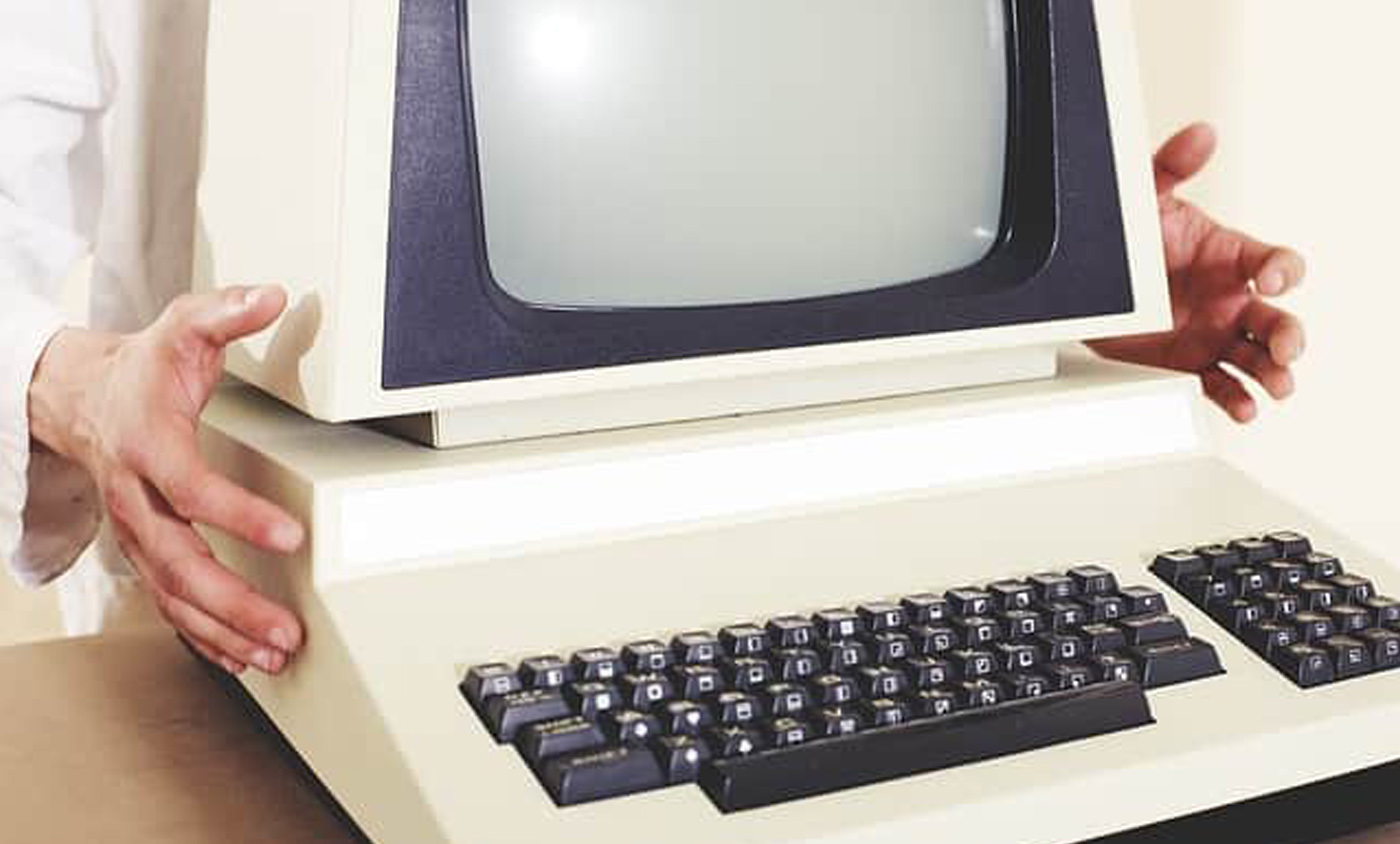Why is it so important to dispose of commercial and domestic electronic waste responsibly? Technology improves fast, and many of us want the latest gadgets when they are released – but do you ever spare a thought for all the unwanted electronics you’re replacing? What happens to this growing amount of e-waste?
Old tech often ends up on the scrap heap – in 2012, globally we produced
48.9 million tonnes of e-waste. That’s all those obsolete computers and IT equipment, broken refrigerators and TVs which are now too small. Unfortunately the number was expected to rise, and in 2017 we can now expect to deal with 60 million tonnes of gadgets thrown away across the world.
The world has been consuming electricals for too long without putting a proper recycling plan in place. There is now a law in place, the WEEE Directive, to ensure that waste electronical equipment is managed in a sustainable way. Companies have a legal and moral responsibility to dispose of unwanted IT equipment in a proper way which has minimum environmental impact.
E-waste includes a vast amount of office equipment including laptop computers, monitors, printers and hard drives. When the time comes to dispose of these electricals you have three options:
Professional Waste Disposal and Recycling
Find a local company which can manage every aspect of e-waste disposal. Make sure that the company complies with WEEE regulation and other relevant legislation such as the Landfill Directive and Data Protection Act. The professionals can take away your unwanted equipment and ensure anything that can be recycled is sent to recycling, and other elements are responsibly disposed of so they don’t end up in landfill.
Manufacturer Disposal
Many manufacturers of
computer hardware now offer their own waste disposal management to increase their green credentials. Contact the manufacturer of the obsolete equipment, or sometimes the company which is supplying your new equipment will offer to take away the old gear. They can pick up the electricals, re-use parts and make sure everything else is recycled.
Donate to a Charity
Alternatively, if you think your equipment is still in a good condition and could be useful if it found a new home, you could donate your computers and other equipment to a charity or non-profit organisation. Some of these non-profits specialise in collecting and refurbishing old PCs to give to UK community groups or ship overseas to the developing world. It’s worth finding out about these schemes before deciding your equipment would be best off being recycled.
It’s vital to protect our planet by limiting our electronic waste. Think twice before replacing equipment and always hire professionals to
manage IT disposal.





